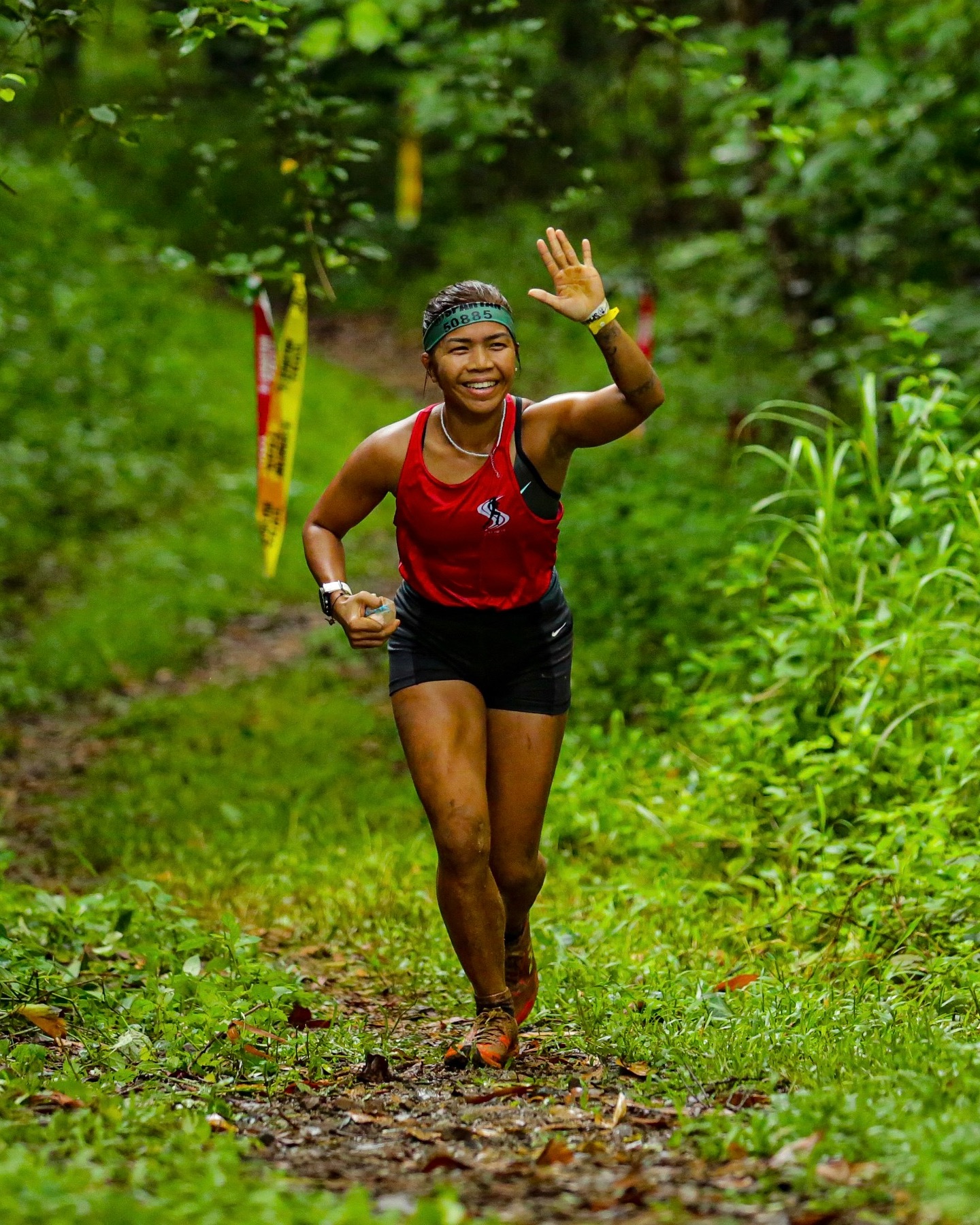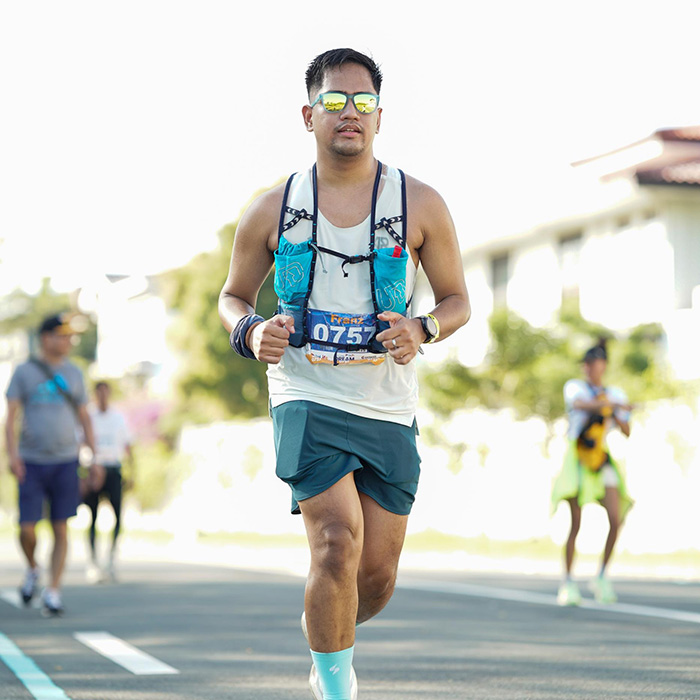Here are expert tips on how you can prepare for a marathon
One doesn't necessarily need to be an uptight fitness buff all their life to participate in a marathon.
Just take a look at the recent 2025 Tokyo Marathon, which saw celebrities Harry Styles, Georgina Wilson, Isabelle Daza, and more joining thousands of running enthusiasts.
In the 2024 New York City Marathon, a Gen Z member finished the race—all while taking shots from the crowd like a true champ.
These cases show that it just takes resolve, grit, and preparation.
Determine your goal
Running coach RB Mercader told PhilSTAR L!fe that one needs to have a goal in mind first before joining the race.
"Will you run to race or run just to finish?" Mercader said.
And by preparation, fitness coach and trail runner Seannah Swift told L!fe that an individual should be comfortable running 21 to 25 kilometers.
Before the marathon, they must have a 16 to 20-week training plan.

"Focus on building endurance before working on speed," Swift said. "Prioritize proper nutrition and invest in quality shoes. Train with the gear and food you'll use on race day."
One must also be familiar with the course and weather conditions before the race, Swift said.
Build your community
Franz Embudo, a first-time marathon finisher at the Bull Runner Dream Marathon, told L!fe that it's also important for aspiring runners to have peers who share the same goal and mindset.
"Surround yourself with people who will push you to be better," Embudo said.

He recalled lagging behind his training in the last quarter of 2024, but with the help of his friends, he was able to catch up.
"Do it with friends, a coach, or a running club. Training with others makes the process more enjoyable and helps you stay committed," added Embudo, a member of the Get Fit Run Club.
Train intentionally
To help prevent burnout and fatigue leading to the marathon, Mercader recommended doing swimming, biking, and CrossFit for strength and conditioning. Particularly, he said ankle mobility drills, calf and core exercises, and squats are helpful for marathons.
Swift, for her part, said exercises that target the core, glutes, and legs, as well as mobility and prehab exercises, will help build endurance.
But one must remember to use a program tailored to their fitness level, running experience, work schedule, and capacity.

The coaches said recovery is as important as hard work, and one must put a premium on rest and a healthy diet during training.
"Also, listen to your body. If you feel exhausted, don’t ignore it, rest when needed," Embudo added. "Recovery is just as important as training. Overtraining won’t help you improve if it only leads to injuries."
Moreover, it's a discipline involving the body and the mind, so one must keep their mental health in check.
"Incorporate strategies to manage stress, build resilience, and maintain a positive mindset," Swift added.
For Embudo, he wasn't expecting to survive a 42.2-kilometer run, but since he was running with his friends, he said things became bearable.
Get the right gear
In terms of equipment for the marathon, the coaches said aspiring runners need the following:
- quality running shoes
- comfortable top, including a singlet
- comfortable shorts
- performance socks
- running belt or hydration pack
- soft flask for water or electrolytes
- nutrition gel
- weather-appropriate gear like hat, sunglasses, and sunscreen
- sports watch
Swift said they must also have their ID and, if applicable, medical insurance before the marathon.
Embudo shared that candies may keep one fueled in the marathon that stretches for hours.
He added that a nice marathon outfit would also do wonders in photos.
"I’m not one of the fastest runners in the race, so I believe that if you can’t perform, at least look good," he said.
Prepare for accidents
While aspiring runners have milestones to reach, accidents are inevitable, and when they happen, they must prioritize their safety.
For minor issues like cramps, blisters, or chafing, Swift said one must seek first aid and continue running upon a medical staff's advice.
But for more serious injuries, she said they must pull out of the race as soon as possible.
"Always remember that no race is worth risking your health," Swift said.
Mercader echoed that one must ask for assistance right away upon sustaining an injury. They must also try not to move and wait for medics to respond.
"The goal is not just to finish the marathon," Embudo added. "It's to finish it without injury... In the end, crossing that finish line safely is what truly matters." (with reports from John Patrick Magno Ranara)


